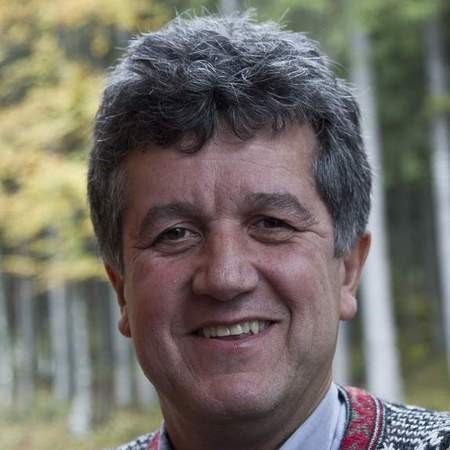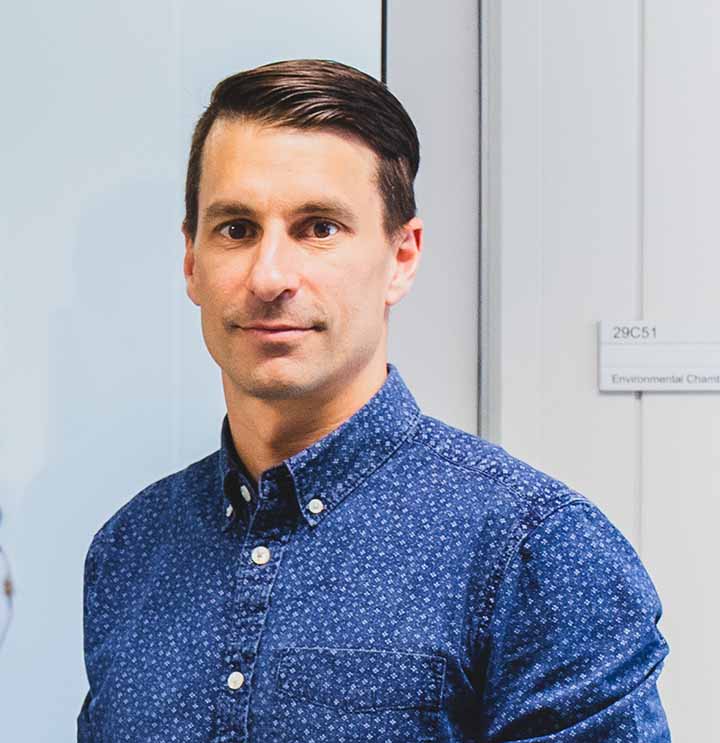Experts
There are 19 registered experts in thermal physiology in our registry.
Want to Register as a Thermal Physiologist?If you wish to register as a thermal physiologist in our registry, we invite you to review our registration criteria. Once you have verified that you meet these requirements, you may submit a request by sending an email to: . We look forward to welcoming you to our global network.
| Origin | Academic Name | Affiliation | Expertise | |||
|---|---|---|---|---|---|---|

|
Cyprus | Leonidas G. Ioannou | Jozef Stefan Institute, Slovenia |
✉
ioannouLG@gmail.com
|
|
|

|
Greece | Andreas D. Flouris | University of Thessaly, Greece |
✉
andreasflouris@gmail.com
|
|
|

|
Canada | Glen P. Kenny | University of Ottawa, Canada |
✉
gkenny@uottawa.ca
|
||

|
Slovenia | Igor B. Mekjavic | Jozef Stefan Institute, Slovenia |
✉
igor.mekjavic@ijs.si
|
||

|
Denmark | Lars Nybo | University of Copenhagen, Denmark |
✉
nybo@nexs.ku.dk
|
||

|
United Kingdom | Christopher J. Tyler | University of Roehampton, UK |
✉
Chris.Tyler@roehampton.ac.uk
|
|
|

|
Singapore | Jason Kai Wei Lee | National University of Singapore, Singapore |
✉
phsjlkw@nus.edu.sg
|
|
|

|
United Kingdom | Josh Foster | King's College London, UK |
✉
Josh.Foster@kcl.ac.uk
|
|
|

|
Italy | Davide Filingeri | University of Southampton, UK |
✉
d.filingeri@soton.ac.uk
|
|
|

|
Canada | Julien D. Périard | University of Canberra, Australia |
✉
julien.periard@canberra.edu.au
|
|
|

|
United Kingdom | Neil Maxwell | University of Brighton, UK |
✉
n.maxwell@brighton.ac.uk
|
|
|

|
Australia | Aaron J. E. Bach | Griffith University, Australia |
✉
a.bach@griffith.edu.au
|
|
|

|
Netherlands | Hein A. M. Daanen | Universiteit Amsterdam, Netherlands |
✉
n.j.haakma@vu.nl
|
|
|

|
Australia | Andrew P. Hunt | Queensland University of Technology, Australia |
✉
ap.hunt@qut.edu.au
|
|
|

|
France | Sebastien Racinais | CREPS Montpellier - Font Romeu, France |
✉
sebastien.racinais@creps-montpellier.sports.gouv.fr
|
|
|

|
Netherlands | Boris R. M. Kingma | TNO, The Netherlands |
✉
boris.kingma@gmail.com
|
|
|
|
|
Netherlands | Sam B. Ballak | TNO, The Netherlands |
✉
s.b.ballak@hotmail.com
|
|
|

|
Netherlands | Ir. Koen P.H.M. van der Sanden | TNO, The Netherlands |
✉
koenvdsanden@gmail.com
|
|
|

|
Netherlands | Lisa Klous | TNO, The Netherlands |
✉
lisa.klous@tno.nl
|
|